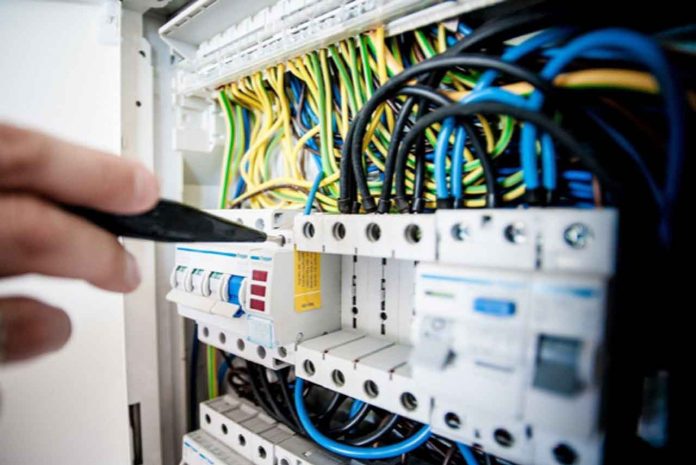In the complex and demanding world of industrial automation, power supply reliability and stability are non-negotiable. Industries dependent on automation technology face numerous challenges related to power supply that can significantly impact operational efficiency, productivity, and safety. This article examines the common power supply issues faced by industrial automation and related industries, exploring their causes, implications, and potential solutions.
Understanding Power Supply Challenges
- Power Quality Issues
Power quality is a major concern in industrial settings, encompassing disturbances like voltage spikes, sags, noise, and harmonics. These can be caused by inconsistent utility supply, heavy machinery turning on and off within the facility, or issues backfeeding from other industrial users on the same power grid. Poor power quality can lead to malfunctioning equipment, reduced lifespan of electronic components, and increased downtime.
- Interruptions and Blackouts
Power interruptions or complete blackouts are particularly disruptive in automated operations. Even brief power losses can halt production lines, leading to significant delays and costs, not to mention the potential for data loss in more sophisticated systems such as those controlled by computerized devices.
- Energy Efficiency Concerns
As energy demands continue to rise, industries are increasingly pressured to improve the energy efficiency of their operations. Inefficient power supply systems can contribute to excessive energy consumption, impacting a company’s bottom line due to higher operational costs and environmental compliance charges.
- Regulatory and Environmental Compliance
With growing awareness of environmental issues, industries are facing stringent regulations on energy consumption and efficiency. Adhering to these regulations while maintaining operational efficiency poses a unique challenge, especially for industries with large-scale power demands.
Implications of Power Supply Issues
- Increased Operational Costs
Unreliable power supply and poor power quality often result in higher maintenance and repair costs. Frequent breakdowns and the need for replacement parts can inflate operational budgets significantly.
- Reduced Productivity and Output
Power issues can lead to unscheduled downtime, reducing the overall productivity of the facility. For industries where production timelines are critical, this can also affect delivery schedules and customer satisfaction.
- Safety Risks
In industries such as manufacturing or chemical processing, power quality issues can pose serious safety risks, including the potential for accidents or catastrophic failures if machinery behaves unpredictably or control systems fail.
Solutions to Power Supply Challenges
- Uninterruptible Power Supplies (UPS) and Backup Generators
Implementing UPS systems can provide immediate backup power during outages, ensuring continuity of critical operations. For longer-term power interruptions, backup generators can sustain operations until the main power supply is restored.
- Power Quality Enhancers
Installing power conditioners, voltage regulators, and surge protectors can help mitigate power quality issues. These devices ensure that the machinery receives stable and clean power, reducing the risk of equipment damage and downtime.
- Energy Management Systems
Advanced energy management systems can optimize power usage across various operations by monitoring energy consumption in real-time and adjusting processes dynamically to improve efficiency. These systems can also help ensure compliance with regulatory standards for energy usage and efficiency.
- Regular Maintenance and Monitoring
Regularly maintaining and monitoring electrical systems can preempt many power-related issues before they result in system failures. Implementing predictive maintenance strategies, where components are replaced or serviced based on their condition or performance, can prevent unexpected breakdowns.
- Renewable Energy Solutions
Integrating renewable energy sources like solar or wind with traditional power supplies can reduce reliance on external power grids and enhance energy sustainability. Additionally, technologies like regenerative power converters like HMV01.1R-W0045-A-07-NNNN power supply, which capture and reuse energy from industrial processes, can significantly improve energy efficiency.
Conclusion
Power supply challenges in industrial automation and related industries can have far-reaching consequences on operational efficiency, safety, and profitability. By understanding these challenges and implementing strategic solutions, industries can enhance their resilience against power-related disruptions and improve their overall operational sustainability. As technology evolves, the integration of innovative power management solutions like those from Bosch Rexroth will continue to play a critical role in driving the efficiency and reliability of industrial operations.


